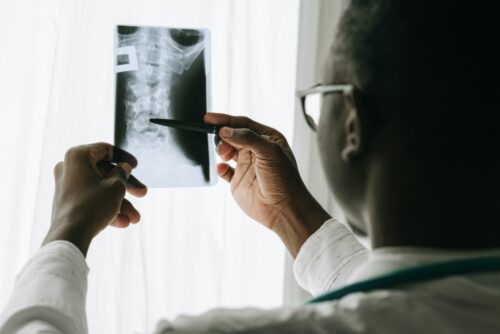
Injuries to your neurological system may significantly hinder your body from performing significant functions, such as breathing, blinking, talking, walking, etc. This will alter your life in a negative way. With this, you may be wondering whether you have a case for medical malpractice. Continue reading to learn where your neurological system injuries are considered medical malpractice and how one of the experienced New York City neurological injuries attorneys at Mark L. Bodner, P.C. can help explore your legal avenues.
What are examples of injuries to the neurological system?
First of all, your neurological system is composed of your central nervous system and your peripheral nervous system. With this, the principal components are your brain and your spinal cord. And, so examples of injuries to your brain, spinal cord, and overall neurological system are as follows:
- Trauma to the brain or spine.
- Infections in the brain or spine.
- Tumors in the brain or spine.
- Blood flow disruption in the brain or spine.
What damages are associated with injuries to the neurological system?
No matter how your neurological system injury came about, you are likely to incur damages that leave a lasting physical, emotional, and financial toll. And so, examples of damages associated with injuries to the neurological system are as follows:
- Physical damages:
- Permanent impairment or loss of bodily functions.
- Physical pain and suffering.
- Emotional damages:
- Significantly diminished quality of life.
- Emotional distress.
- Financial damages:
- Expensive, long-term medical bills.
- Inability to return to work.
Are injuries to the central nervous system considered medical malpractice?
The best way to heal your neurological system injuries is by turning to the aid of a medical professional. But when a doctor, nurse, EMS technical, or hospital technician fails to properly help you through this healing process, then you may have a medical malpractice claim at hand.
When determining your ability to file a claim, you may want to ask yourself whether you believe your injuries were treatable if a medical professional took the proper steps toward detecting symptoms, using best practices to treat them, and attending to them promptly. More specifically, you should ask yourself the following questions:
- Did a medical professional have a duty of care toward me?
- Did a medical professional go against their peers’ established standards of practice and breach their duty of care?
- Did I suffer further injuries and damages as a result of a medical professional’s breach of duty of care?
If the answer to all the above questions is “yes,” then you must retain legal representation immediately. For this, you can rest assured knowing that a skilled New York City medical malpractice attorney is ready and willing to work with you. So without further hesitation, reach out to our firm today.
